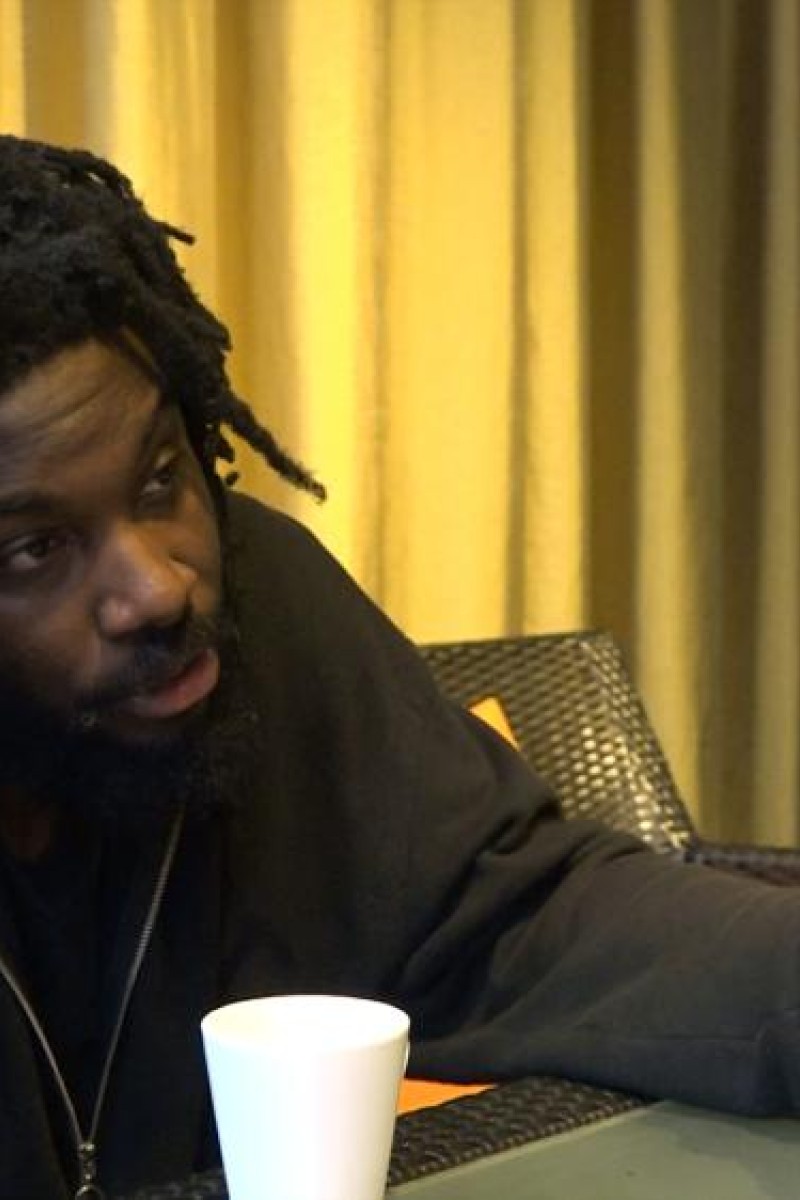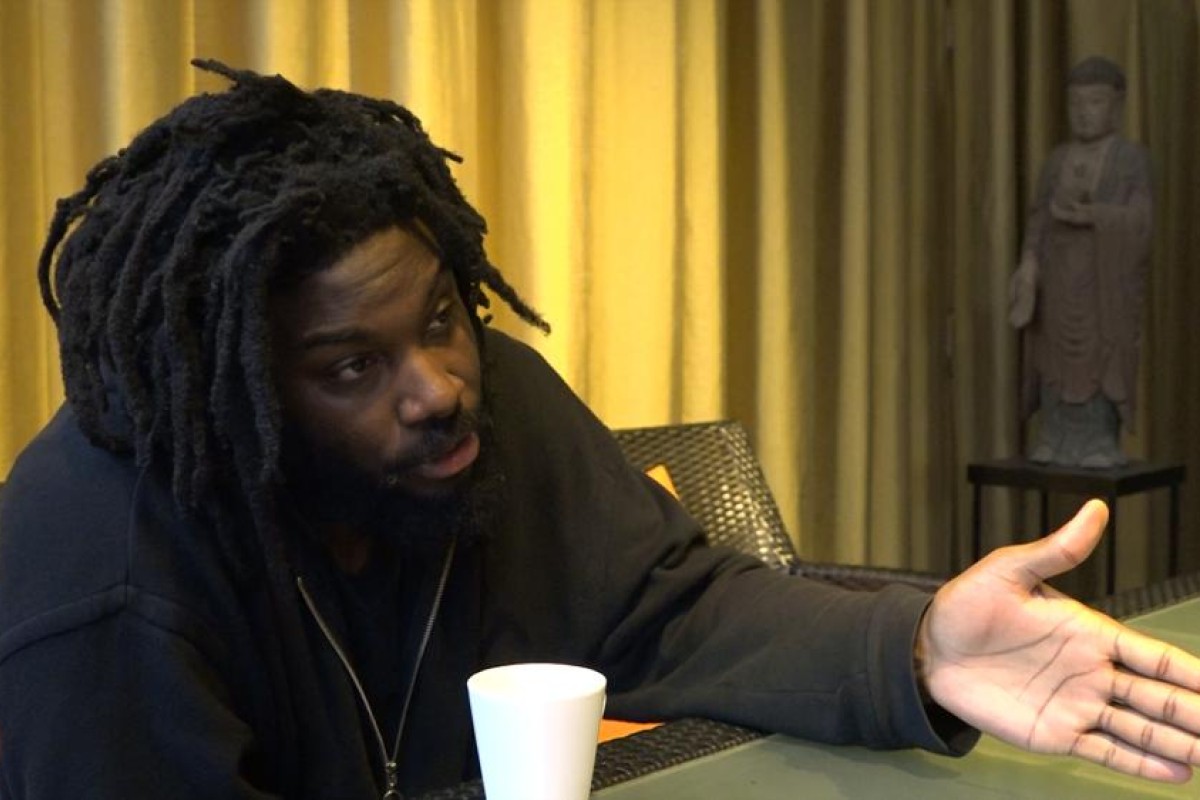
For the NAACP Image Award-winning author of Long Way Down, books aren’t just books: they’re the superpower that might save the world
 Reynolds first discovered his love of literature through listening to rap music
Reynolds first discovered his love of literature through listening to rap musicGrowing up in America during the 80s, in the midst of the widespread medical and drug epidemics, meant the books in author Jason Reynolds’ childhood didn’t reflect the social issues of the day.
“In America, especially in the 1980s, there weren’t a lot of books that were contemporary fiction for young people ... there were no books that outlined any of the things [happening at the time], so I didn’t read until I was 17 and a half ... until almost an adult.”
You’d think all this would make it all the more improbable that Reynolds, who was in 2018 Hong Kong for the International Young Readers Festival, would grow up to be a novelist, but became one he did. His books, which typically deal with the African-American coming of age experience, have been feted by the Carnegie Honour, NAACP Image Awards, and Coretta Scott King Author honour awards. So how did he go from someone who never read to a prolific and acclaimed author?
Despite the social upheaval when Reynolds was growing up, the 80s also saw the emergence of rap music, something that, in place of books, opened Reynolds’ eyes to possibility.
“I read rap lyrics. I would open up my cassette tapes and pull out the liner notes and I would read the lyrics; and that was sort of my introduction to poetry, that was how I made the connection between rappers and poets, and eventually I made the jump from poetry to prose when I was 25.”
Despite this relatively later start in his career, Reynolds has more than made up for lost time, publishing nine volumes in the past four years alone. His latest, Long Way Down, was recognised by the Newbery Honour award; the book features a protagonist who wants revenge for the murder of his brother, and deals with such timely, contemporary themes as gun violence.
In recent years, the field of YA has expanded to include many more diverse voices. Some worry that the abundance of different cultural perspectives can lead to more entrenched views; Reynolds, however, believes it means the opposite.
“If you are a young person growing up in an environment similar to the ones I’m writing about, then maybe, perhaps, after reading this you feel a little less ashamed. And, if you are not growing up in this environment, perhaps you feel a little less afraid.”
He stresses that even though many won’t be able to relate directly to the themes that his books touch on, YA literature deals with many universal truths of being a teenager.
“Though you might not be able to connect to the details, you know what it feels like to be afraid, you know what it feels like to laugh, to love, to have a family, a family that is complicated, because all of our families are complicated.”
Reynolds’ has been lucky to have a number of influential mentors in his life, including the renowned American author Walter Dean Myers. But his number one role model is his mother, who he says has done the most to make him into who he is today.
“When I think about how difficult it is to be a writer, how difficult it is to write a book, it’s funny how easy it is to put the kibosh on your excuses when you have a little perspective. ‘Oh, I’m having a hard time, oh bummer, I can’t write today.’ So instead I’ll close my laptop, take a walk, go the movies, go shopping. Meanwhile, my mom had to work for me to even have the opportunity to be spoiled enough to say that.”
Even with so many impressive achievements under his belt, Reynolds is looking forward to his next effort, and to continuing to write books that “don’t try to teach lessons”, just like his mentor Myers. In the end, however, if his readers take anything away from his writing, he wishes it will be a message of empathy and hope.
“If we can get young people to empathise and grow up empathetically, where it’s just woven into the fibres of who they are, into their consciousness, their psyche, the world has been saved. It’s that simple.”
Edited by Charlotte Ames-Ettridge